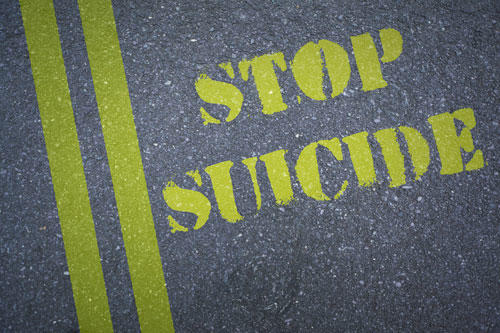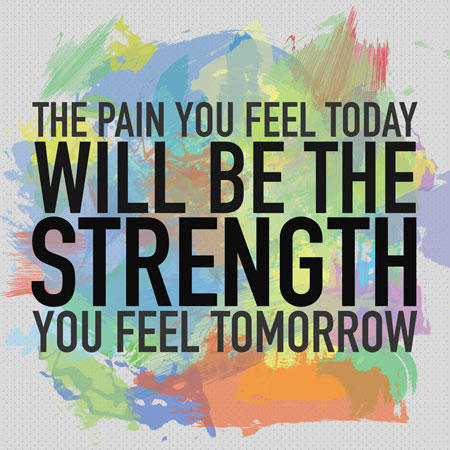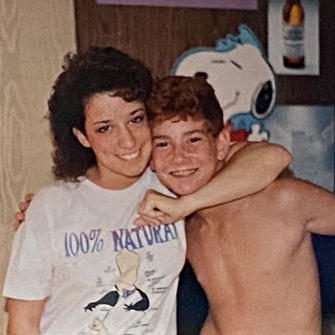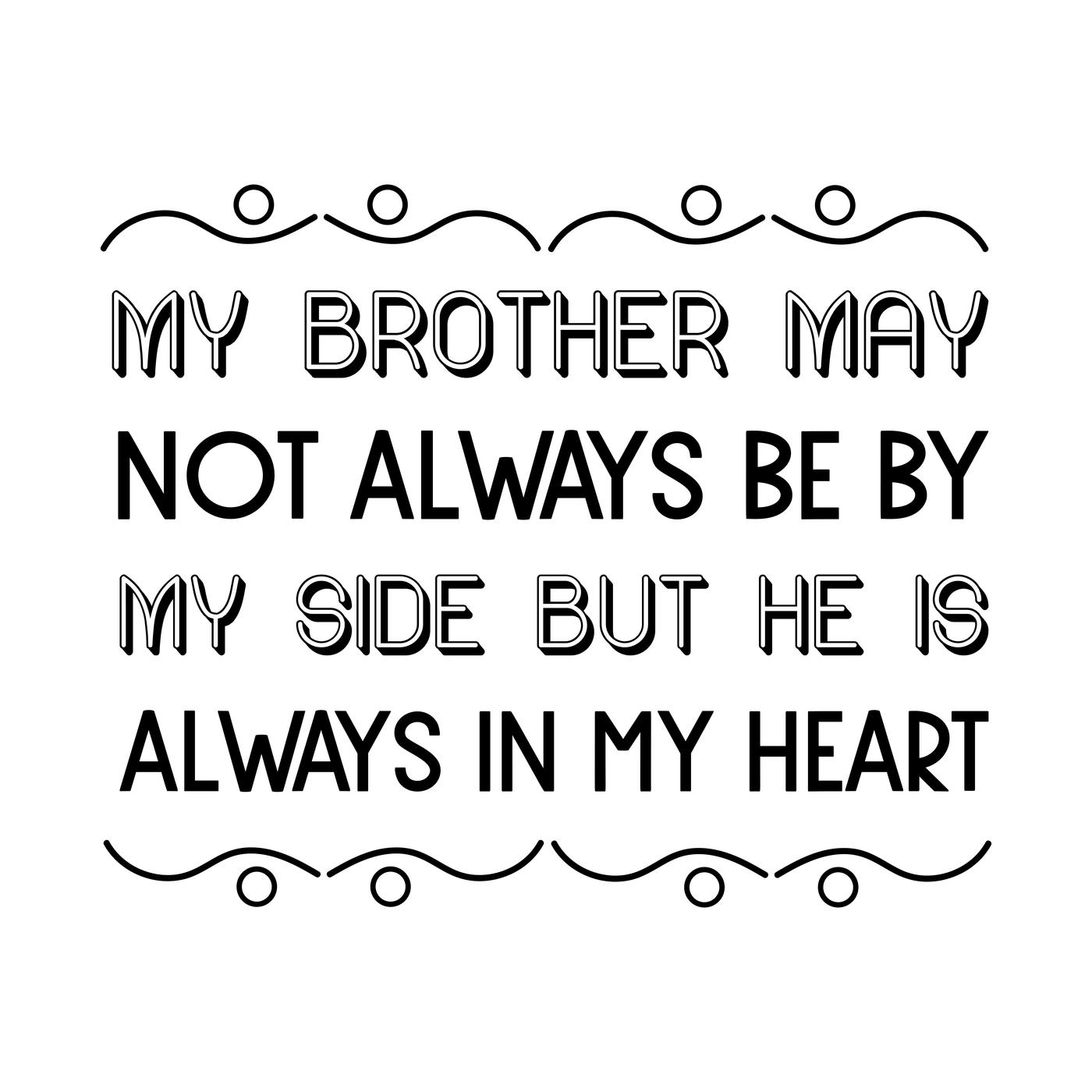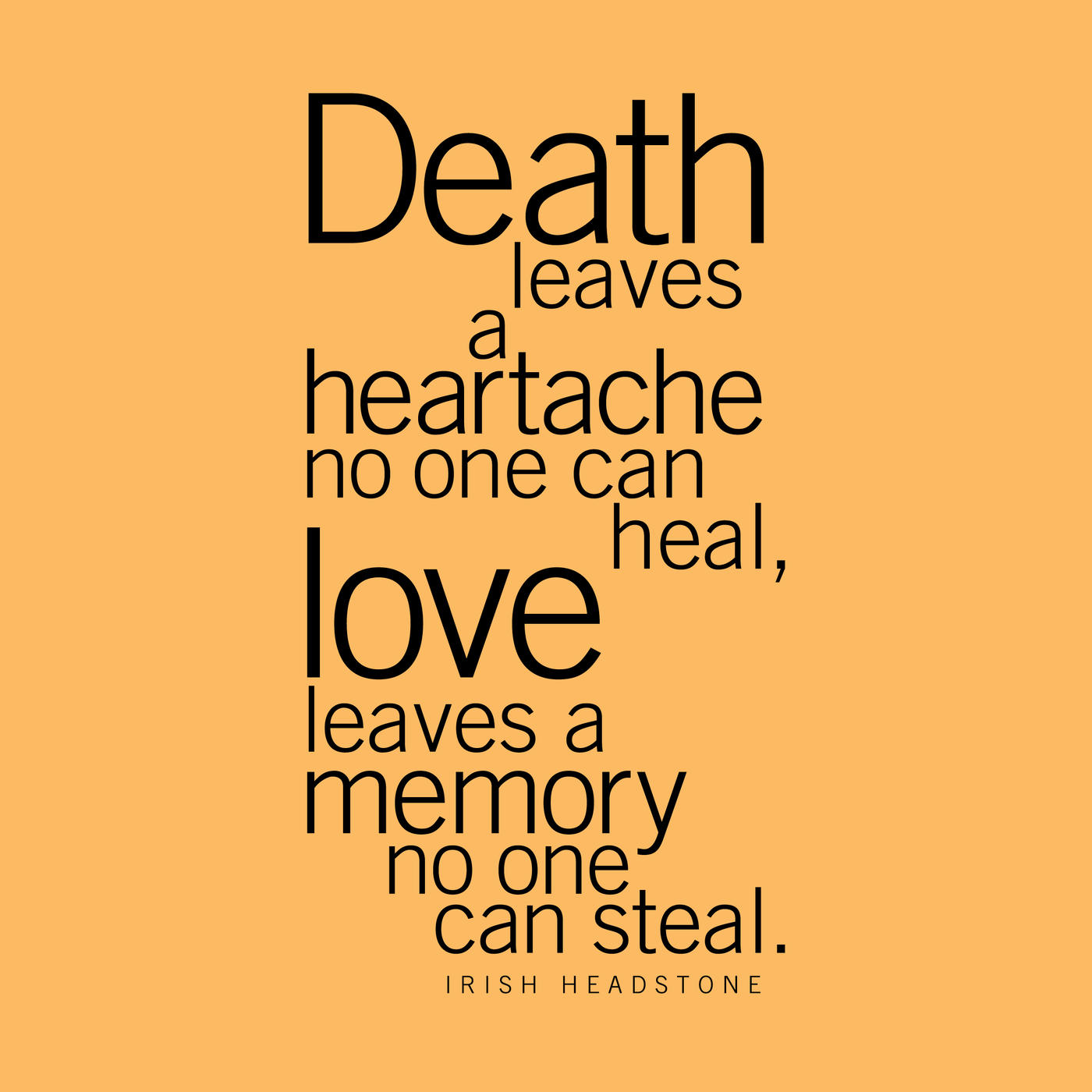Personal perspectives light the way to further understanding mental-health issues. To encourage others to step forward, I am sharing one of the most agonizing days I have ever experienced.
I fell to my knees, gasping for air, quickly blinking to regain focus and yet, even though I heard what was said, I asked for it to be repeated. “I need you to identify your brother’s body.”
As a single mom of four teens, I thought I’d run the gambit of gut-wrenching surprises and mishaps that led to instantaneous tears. I suffered the loss of loved ones who died young and senselessly. And I survived two nasty divorces.
Yet, I was not prepared for this call. I distinctly remember the coroner saying, “Sorry it took us so long. You were the only one we could find.” Seven days. His suicide note left no indication of where to search. He pleaded with the police not to bother co-workers, friends or family members. He highlighted the reason for his death — “My purpose is to donate my organs to those who have the will and strength to carry on living.”
My brother, Scottie, died by suicide on Saturday, April 18, 2020.
Say It Isn’t So
I remember my kids dashing in the room when they heard me scream, “no, no, no, this can’t be happening. Please, oh please don’t let it be him.” They were speechless. When I canceled a work meeting and had to give a reason, I flatly said, “my brother just died.” It was all there — the unforgiving torment, endless stream of questions, quivering lips, shaky hands, limp body and refusal to accept what was now truth. Despite all I had learned in 18.5 minutes, I couldn’t bring myself to accept the reality.
Why couldn’t I say ‘suicide’ out loud? The stigma and the shame.
Mama bear instincts kicked in; I had always protected him. Until now… I had failed. All I could do was ensure that no one thought less of him because of how he chose to end his life. I yearned for others to learn or remember the multi-sport athlete who best performed on the pitcher’s mound, surprising batters with his wicked curveball. The loyal friend, avid sports fan, cheese lover and the one who hesitantly but proudly mirrored my homemade dance routine to “I Can See Clearly Now” at wedding #1. I ached for the missed hugs, the connection, his smile that could light up a room. I began the ‘what if’ scenarios and became riddled with deep-seated guilt. He was battling an unimaginable pain and his solution scorched a piece of my heart. I was numb.
I consider myself open minded and compassionate, so I am ashamed to admit that I had viewed suicide as “the easy way out.” I had no right to judge his situation; I learned a torturous lesson — that no matter what I said or did, I could not save him.
According to a blog post on the National Alliance on Mental Illness (NAMI) website, “fog is a good analogy for the shame of mental illness or the shame of self-stigma.” It quoted former first lady Rosalynn Carter’s book, which described stigma as “the most important damaging factor in the life of anyone who has a mental illness. It humiliates and embarrasses; it is painful; it generates stereotypes, fear and rejection; it leads to terrible discrimination.”
Those who can’t fathom the intricacies of suicide turn a blind eye. Suicide should not be a whispered word or a taboo subject. My survivor’s guilt forced me to challenge this destructive mental-health demon by unleashing the shame. Slowly, I am beginning to own my story and forgive myself for actions I could not control. I hope to be mindful of others’ journeys and empathize even though I may not understand.
Ignoring the Truth
In hindsight, Scottie’s need to end the misery shouldn’t have come as a surprise. All the signs were there. My brothers and I suffered in silence, surviving an abhorrent childhood full of physical, emotional and verbal abuse with a short-fused father and an extremely passive mother.
Seven years my junior, Scottie was a mini me; we were thick as thieves. As I left for college, he pleaded, “please don’t leave me here with them.” He began running with the wrong crowds, experimenting with substances. By 22, the mind-altering drugs had changed his perspective. Every now and again, he’d look at me with his doe eyes and I knew his sweet soul was still deep inside. For reasons I understood but didn’t want to accept, Scottie sought to escape the post-traumatic stress by abruptly divorcing the family for 12 years. The pain was excruciating; the void, colossal.
Family members became resentful, but I held out hope. My prayers were answered in 2010. My baby brother had grown up, with a scruffy face and a broad frame but he retained that contagious laugh I didn’t even realize I missed. Our interactions over the last 10 years were minimal, at his request, which I honored; he had finally returned, and I had no option other than to hold the virtual reins loosely.
In January 2020, Scottie and I had one of the best conversations we had had in years. We laughed, shared unknown tidbits about life and had a profound conversation on how to find our happy place. He was on the way, ready to volunteer at a dog shelter and assist at a martial arts facility. He asked to contribute to my children’s college funds and to send me classic vinyl from his days of deejaying at Chicago raves. Never did it cross my mind that he was preparing.
Looking for Answers
When I received his belongings, it took a bit before I had the strength to unpack the suitcase with two weeks’ worth of clothes, half dirty. A touching yet heart-wrenching feeling came over me as I inhaled remnants of his cologne. I searched his backpack, looking for answers I knew I wouldn’t find. I have yet to turn on his laptop or his cell phone — still not ready for what may or may not be there — knowing there will always be lingering questions.
Months later, there are still many moments of devastating grief. But I am no longer paralyzed by it; I refuse to be afraid of the unknown. I have learned that I cannot heal unless I hurt and find my way through the pain — leaving myself vulnerable. I hope to set the world on fire by sharing his story because the dark can no longer destroy my light; it now defines it.
On the cusp of what would have been Scottie’s 45th birthday, I fondly remember a colleague’s answer to questions that had tugged mercilessly at my heart. “Why would Scottie bring toiletries if he was planning his demise? Why would he care if he shaved or brushed his teeth?” His words not only brought me peace but solidified what I always knew — my brother was a warrior until the very end.
“Your brother woke up every day fighting demons. And every day that he lived, he had beaten those demons. He kept on getting up and he kept on living life, until he just couldn’t anymore.”
Scottie — I celebrate you and your life. I hope you knew how much you were loved and adored. May you forever rest in peace. Until we meet again…
RUSM Support / Resources
Please visit the RUSM Wellness & Counseling Center webpage to learn about upcoming wellness sessions and email the Center to schedule a free and confidential appointment.
The Manic Monologues is a free virtual theatrical experience, developed by Princeton University Health Services and the McCarter Theatre Center, that disrupts the stigma and creates a conversation about mental health.
About the Author
RUSM Communications Manager Heather Hurtado shared a precious piece of her world to break the silence. This is the launch of her Call for Resilience series to highlight the mental-health issues that blanket our world. Please consider sharing your personal story. Together, we can rid of the harmful stigma and shame surrounding mental illness.
Road to Residency Library
The Road to Residency: Navigating the Student Journey series is designed to provide you with thought-provoking pieces on topics important and relevant to your medical school journey. Please visit our Road to Residency library.
If you have a topic you’d like to learn more about, please share your feedback with us.

